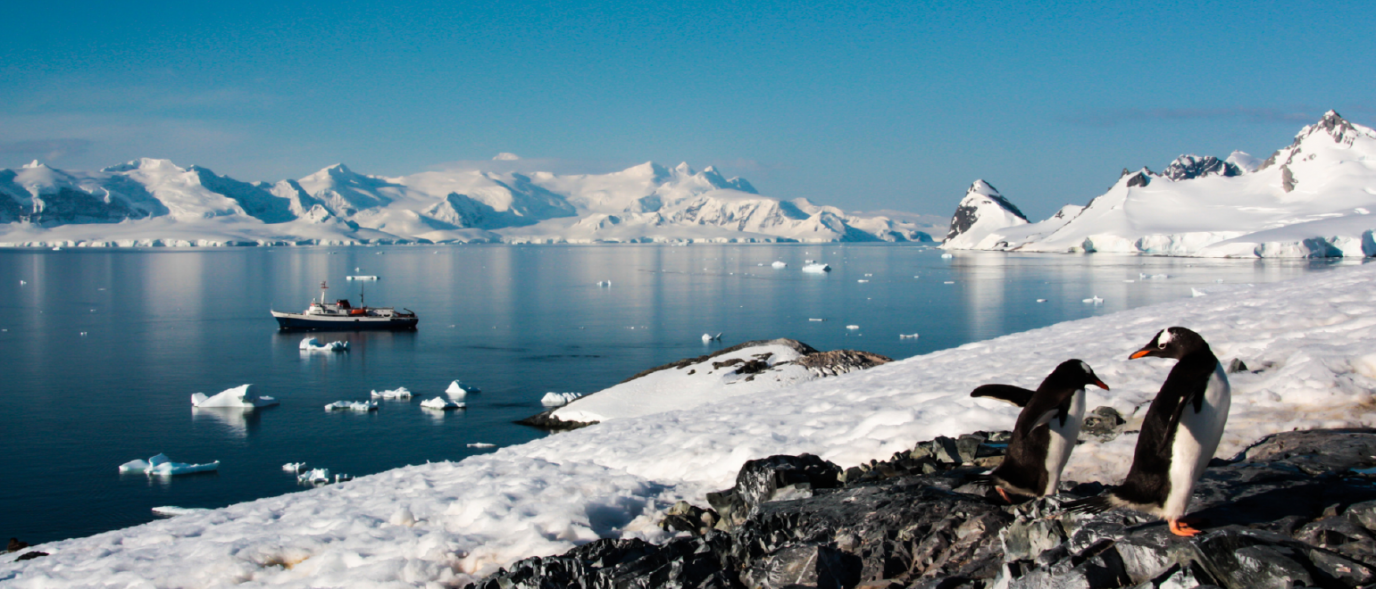PR | Zakia Khattabi ensures Belgium plays pioneering role in protecting biodiversity in Antarctica
The 45th annual Antarctic Treaty Consultative Meeting was held from 28 May to 9 June. This time around, the signatory countries of the treaty agreed on a number of important decisions, including the creation of a Specially Protected Area (ASPA) near the Princess Elisabeth Station, at the initiative of the Federal Minister for the Environment, Zakia Khattabi. The meeting also reaffirmed the ban on the exploitation of natural resources provided for in the Madrid Protocol.The 45th annual Antarctic Treaty Consultative Meeting was held from 28 May to 9 June. This time around, the signatory countries of the treaty agreed on a number of important decisions, including the creation of a Specially Protected Area (ASPA) near the Princess Elisabeth Station, at the initiative of the Federal Minister for the Environment, Zakia Khattabi. The meeting also reaffirmed the ban on the exploitation of natural resources provided for in the Madrid Protocol.

Faced with rising geopolitical tensions in and around Antarctica, and growing interest from tourists, fishing fleets and scientists, Antarctica needs the protection afforded by the treaty more than ever. Year after year, the international community recognizes the impact of increasing human activities, as well as the need to develop a global network of Antarctic Specially Protected Areas (ASPA) and Antarctic Specially Managed Areas (ASMA). Protecting biodiversity in Antarctica and its ecosystems is essential in the fight against climate change”, underlined Zakia Khattabi.
Belgium is actively working to protect Antarctica, and has submitted a proposal to create a specially protected area near the Belgian Princess Elisabeth scientific research station. The proposal, meticulously prepared with the help of various Belgian and international scientists studying the Antarctic's specific ecosystem, was approved by consensus in Helsinki. Access to this ASPA will be prohibited for non-scientific or tourist purposes.
This area has been given special protection owing to the outstanding beauty of its landscape. The large variety of Antarctic rocks, or "nunataks", also deserved special protection. These rocks play an important role: they help maintain biodiversity in this unique ecosystem, such as mosses, short mosses and lichens, which themselves are home to essential micro-organisms. ASPA status will ensure that this unique biodiversity is protected, from the smallest to the largest of these organisms.
Since taking office, Zakia Khattabi has made a commitment to protect the white continent, a commitment explicitly stated in her general policy statement. Like many other environment ministers and the European Commissioner for the Environment, Virginijus Sinkevicius, Minister Khattabi is calling for a network of marine protected areas (MPAs) around Antarctica. "Despite the progress made in protecting Antarctica over the past 30 years, it is still crucial to work together to halt global warming and protect the abundant biodiversity of Antarctica and its surroundings," she concluded.


